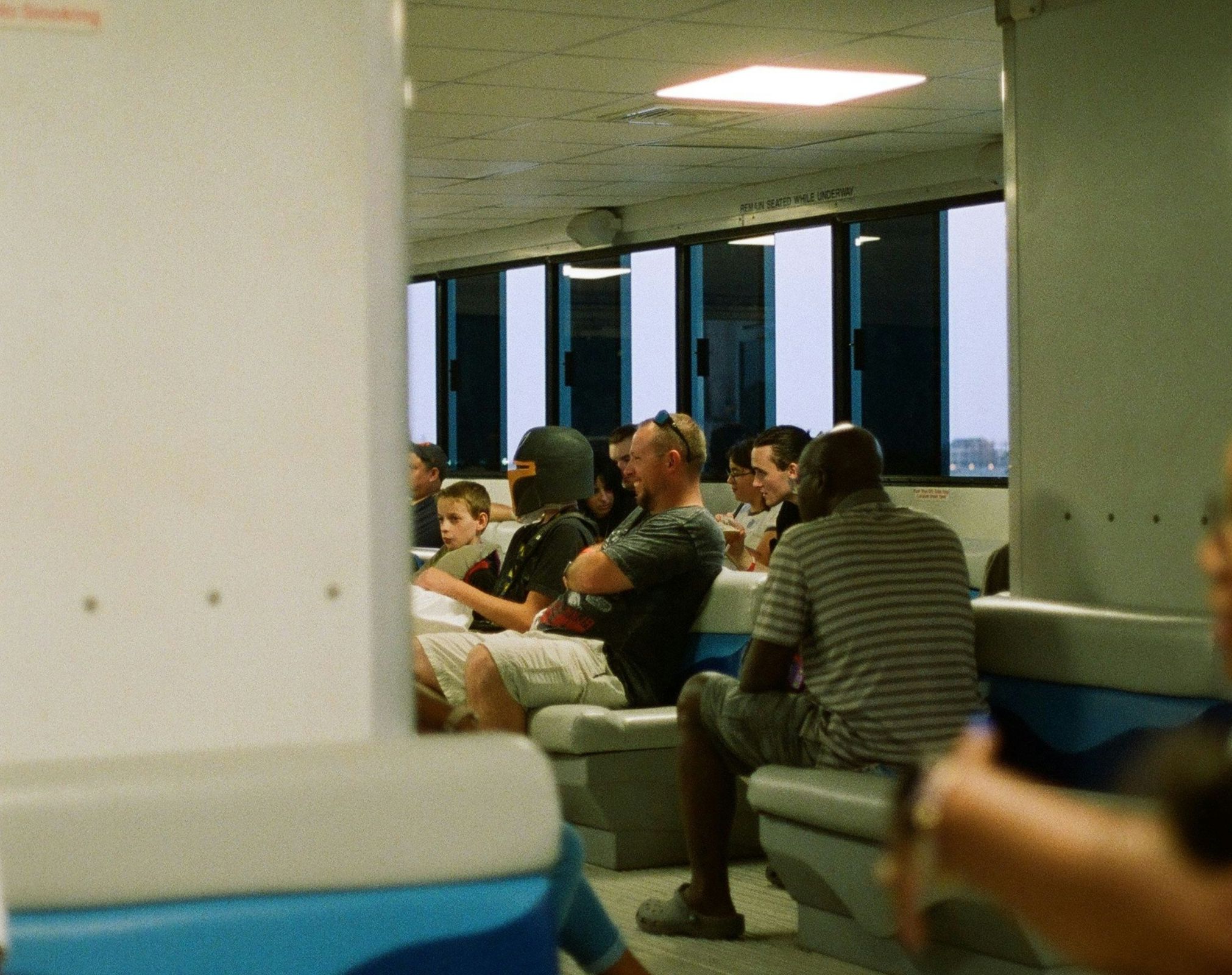It is urging the Government to grant GPs from overseas, who have completed postgraduate medical training in the UK, the right to apply for Indefinite Leave to Remain (ILR). Currently, this option is not available to most IMGs as GP specialty training only lasts three years – two years short of the five years required in the country to apply for ILR. As such, upon qualification, they can only work in GP practices that have a licence to sponsor them to continue working in the UK. A recent RCGP survey of 493 general practice managers found that only 29% of practices currently offer visa sponsorships.
In a separate survey by the RCGPs and BMA of 521 GPs and GP Registrars who either need or had recently secured a visa to work in the UK, it was revealed that:
- 71% said finding a job in a practice that could sponsor their visa was difficult or very difficult
- 44% found the visa application process and associated paperwork difficult or very difficult
- 61% said that if their difficulty finding a GP job due to visa issues continues or had continued, they would make plans to leave the country.
The RCGP is concerned that whilst the Government has pledged to gradually increase the number of UK medical school places, this won't address the present shortfall in GP numbers needed, as it takes at least 10 years to fully train a GP.
In the letter, the college warns the home secretary that planned immigration reforms, as they stand, including an increase in the Immigration Skills Charge (ISC) by 32%, could have significant financial consequences for GP practices and patient care.
It argues that if practices have to pay a higher rate of ISC, the added cost, when combined with other financial strains, would place practices under serious pressure and act as a deterrent for GP practices to secure sponsorship licences.
The letter calls on the Home Secretary to use the reforms to make GPs from overseas eligible to apply for ILR as soon as they complete their GP specialty training in the UK.
Professor Kamila Hawthorne, chair of the Royal College of GPs, said: ‘GPs from overseas are an integral part of general practice and we must ensure that they are supported, valued, and encouraged to stay working in the NHS post-qualification.'
She added: ‘The college's previous calls on the Home Office to address this issue resulted in a four-month extension for IMGs on completion of training to help find appropriate sponsorship. Whilst this provided some respite, these IMGs are still restricted as to which jobs they can apply for - and we have heard that there is a lot of variation between ICBs as to how many practices in their patch hold the necessary sponsorship licenses.
‘The UK needs to train more doctors, but we must also ensure that our colleagues who come to the UK to train and work in our health service are supported, valued, and encouraged to stay so that our patients receive the care they need and deserve. With a backdrop of some much pressure, the last thing we should be doing is discouraging trained professionals from working in the NHS.'



